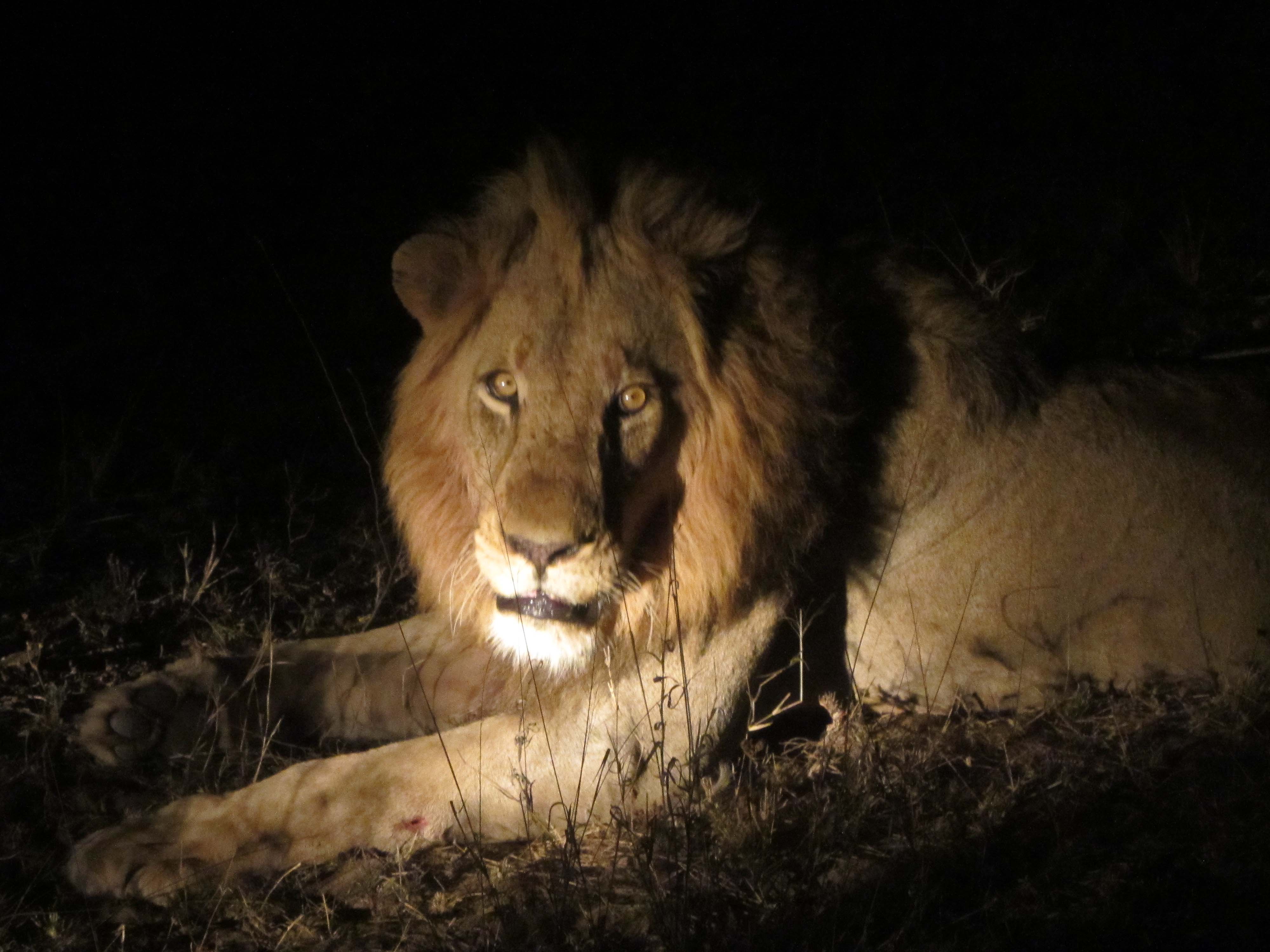

That would also benefit a lion hunting at the end of a hot day.

Many antelopes also store heat in their bodies during the day and release it in the cool of the night, meaning that their muscles work less efficiently at dusk, so they run slower and have less endurance. Lions hunt at night not because their eyesight is better under low light conditions than that of their prey, but because with stealth they can probably approach their prey closer at night than during the day.
#ARE LIONS NOCTURNAL ANIMALS FREE#
Lions are extremely attuned to descending vultures during the day and will follow them to a free meal. Lions are supposed to be nocturnal, and there is a popular misconception promoted by guidebooks that lions sleep about 20 hours per day. If lions have water within their territory that attracts prey animals in the daytime, the lions will be active in the day. All felids are generally crepuscular (active at dawn and dusk), but that doesnt mean they arent awake at other times. For sure, most lions will probably wake from their daily slumber and begin to get active at dusk, but this is not always so. In fact, lions are very opportunistic in terms of when they are active. They spend the entire day resting because they get tired very quickly. This behavior is because it is cooler at night, so they can save energy by being less. For example, many animals sleep during the day and are active at night. Diurnal activities typically occur during the day, while nocturnal activities occur at night. Lions are supposed to be nocturnal, and there is a popular misconception promoted by guidebooks that lions sleep about 20 hours per day. Lions like to hunt at night, so they are classified as nocturnal animals. The main difference between the diurnal and nocturnal cycles is the timing of activities.


 0 kommentar(er)
0 kommentar(er)
